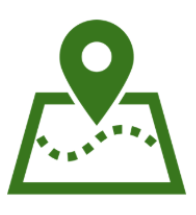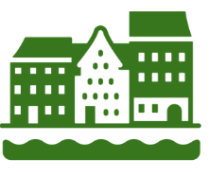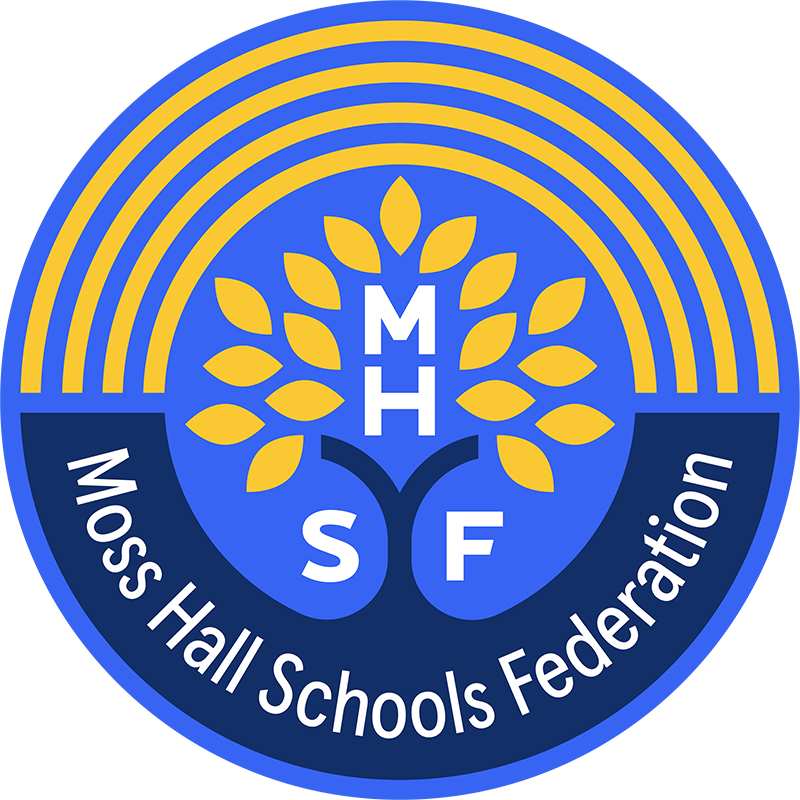Geography
Vision
 At Moss Hall, our geography curriculum is designed to provoke children’s curiosity and provide opportunities to explore both the physical and human aspects of the world. The content gives students a strong sense of place and the world around them, encouraging them to connect and empathise. It supports children to understand how to make a difference and think deeply about changes in the world. Moss Hall geographers are equipped with vital geographical vocabulary, location knowledge and map and fieldwork skills to navigate and understand the world around them and are inspired to have a lifelong interest in geography.
At Moss Hall, our geography curriculum is designed to provoke children’s curiosity and provide opportunities to explore both the physical and human aspects of the world. The content gives students a strong sense of place and the world around them, encouraging them to connect and empathise. It supports children to understand how to make a difference and think deeply about changes in the world. Moss Hall geographers are equipped with vital geographical vocabulary, location knowledge and map and fieldwork skills to navigate and understand the world around them and are inspired to have a lifelong interest in geography.
 Local Area
Local Area
Our curriculum reflects the school’s local context, fostering a strong sense of belonging by encouraging children to explore and connect with their local area. Children also study various regions of the UK, allowing them to link their local area to a larger community and giving them vital knowledge of the country they live in. By investigating their immediate surroundings and making connections to the UK and the wider world, pupils gain a deeper appreciation of their community and environment.
 Wider World
Wider World
Our curriculum also allows pupils to explore the wider world through studies such as Japan, the Galapagos Islands, Oceans and Nigeria. These wider world studies both reflect the context of Moss Hall but also broaden awareness, perception and appreciation of other areas in the world. Children can make comparisons, understand physical processes and learn the importance of different areas in the world and this allows for connections to be made with our lenses such as trade, sustainability and climate.
 Location and Place Knowledge
Location and Place Knowledge
At Moss Hall, children are taught location and place knowledge as a priority. This is the foundation of much geographical learning and support students to:
- Read and create maps accurately
- Identify physical and human features
- Understand physical geographical processes
- Collect and analyse fieldwork data
- Acquire and use specific geographical vocabulary
 Geographical Enquiry
Geographical Enquiry
At Moss Hall, children engage in critical thinking during their geography lessons so they can express their own views about people, places, and environments and have well-informed opinions. Enquiry opportunities also:
- Develop pupils' understanding of sustainability
- Interpret a range of sources and geographical information, including maps, diagrams, globes, and aerial photographs and draw conclusions
- Support understanding of how the human and physical features of a place can change over time
- Foster enjoyment, satisfaction, and curiosity for finding out about places, patterns and processes
 Assessment
Assessment
At Moss Hall we...
- discuss and describe places and their physical and human geography using appropriate vocabulary
- Talk accurately about locations in comparison to where we live
- Give reasoned arguments for opinions and answer big questions to draw our learning together
- Use knowledge organisers to revise facts and complete quizzes
- Collect, create and interpret data, images and maps
